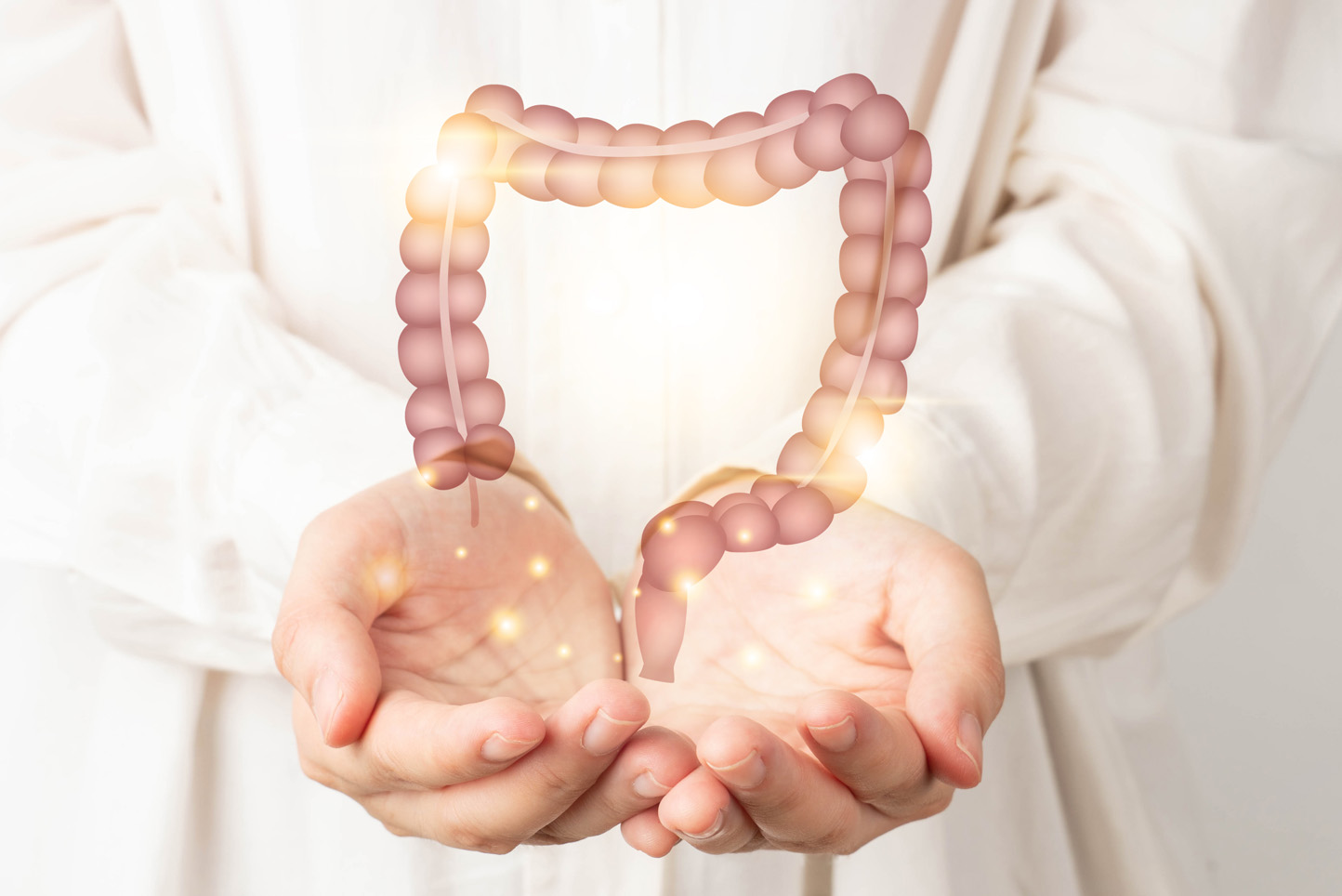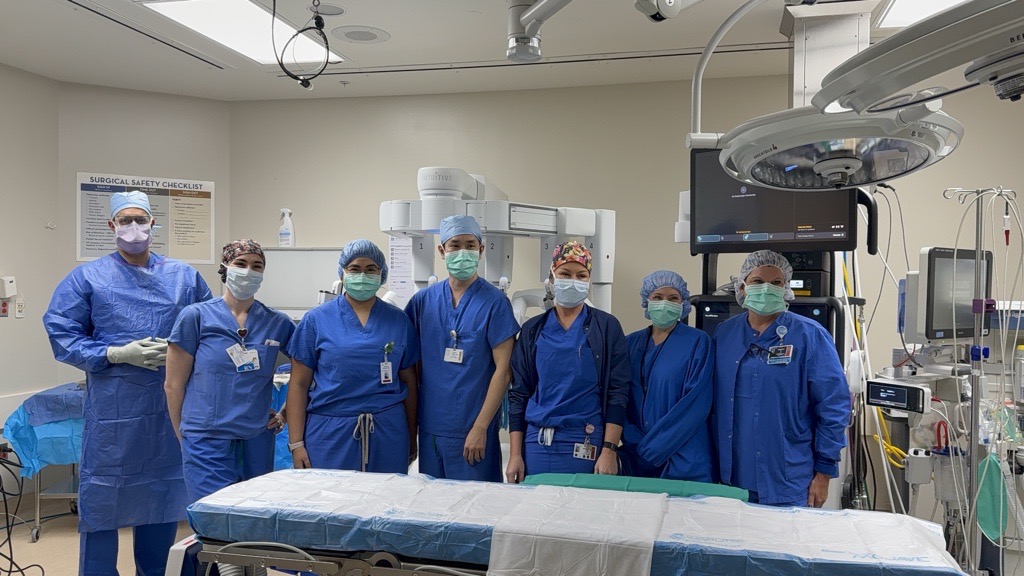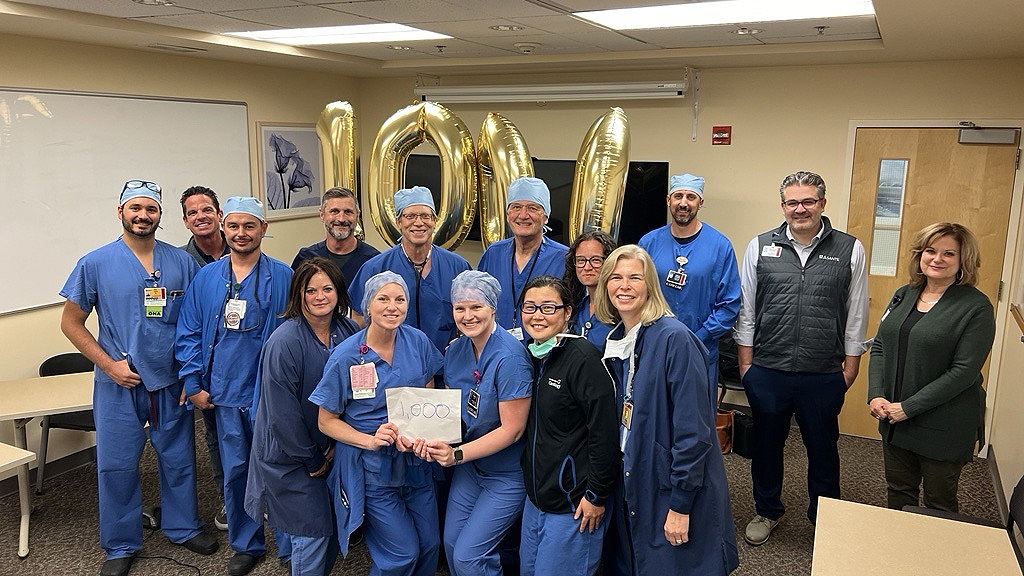Summary
Follow these 7 tips to safeguard yourself from the likelihood of developing holiday heart syndrome, a condition caused by excessive drinking or other unhealthy behaviors.
No, it’s not that warm and fuzzy feeling you get around this time of year. Holiday heart syndrome is an irregular heartbeat that develops after bouts of binge drinking or other unhealthy behaviors. Even healthy individuals without underlying heart disease can experience holiday heart syndrome.
Think about it: With all the stress, the celebrating and the abundance of holiday treats, it’s easy to drink too much, eat too many fatty foods, not get enough sleep and not drink enough water. Thanks in part to those behaviors, more heart attacks occur during the week between Christmas and New Year’s in America than any other time of year.
Excessive alcohol can short-circuit the heart’s electrical system and increase the release of stress hormones. How much alcohol is too much? Binge drinking for men is defined as five or more alcoholic drinks in less than two hours; for women, it’s four or more drinks.
If you experience any of the following symptoms, it could be a sign that you are having a cardiac event:
- Palpitations: sudden pounding, fluttering or racing feeling in your chest.
- Lightheadedness.
- Shortness of breath.
- Fatigue.
- Chest pain.
Left untreated, holiday heart syndrome can lead to serious issues, such as atrial fibrillation (irregular heartbeat), congestive heart failure or stroke. If you experience any of the above symptoms, seek medical attention.
What you can do to prevent holiday heart syndrome
- Consume in moderation. The average American will gain 4 to 8 pounds between Thanksgiving and New Year’s. Don’t let that happen to you.
- Keep a close eye on your salt intake. Too much salt can cause swelling and shortness of breath, especially in those with congestive heart failure.
- Limit your intake of alcohol and caffeine. Too much of either can lead to dehydration, insomnia and, in some cases, heart rhythm problems.
- Think twice before reaching for painkillers. Though they may seem like a convenient solution after the celebrations, Tylenol or Advil can put additional stress on the heart and increase your blood pressure.
- Be sure to exercise. Whether a simple walk around the block or an intensive workout, exercise helps burn off extra calories and release hormones that reduce stress. Get up and move your body to stay healthy and happy.
- Take 10 minutes and breathe. The holidays can be extremely stressful, leaving us with long hours of work and worrying about last-minute shopping, family disagreements and financial pressures. Taking just 10 minutes each day to pause and practice some calming breathing exercises can profoundly affect our mental health. Not only does it help lower your blood pressure and heart rate, but it can also help reduce the overall stress of the day.
- Get some shut-eye. Sleep is essential for managing stress, reducing fatigue and improving overall physical and mental health. Research has shown that getting enough sleep can help reduce risk factors such as high blood pressure.
With the busyness of the holiday season, it’s easy to forget about taking care of our hearts. But staying healthy during the holidays doesn’t have to be a chore. Incorporate beneficial activities like exercise and proper diet into your daily routine, get enough sleep every night and practice mindful self-care. Doing these things ensures that your holidays are safe and enjoyable for years to come.









